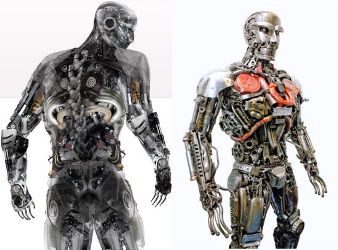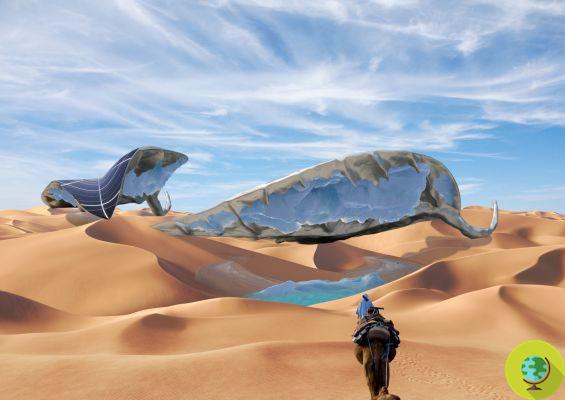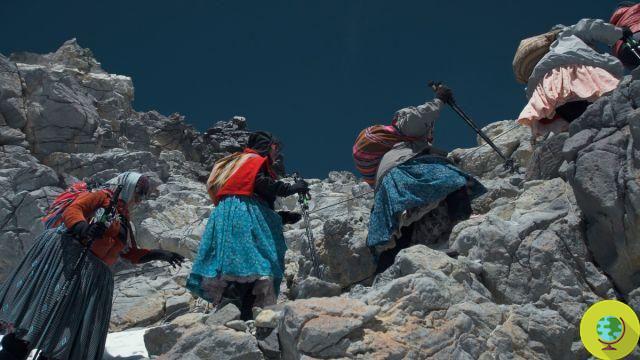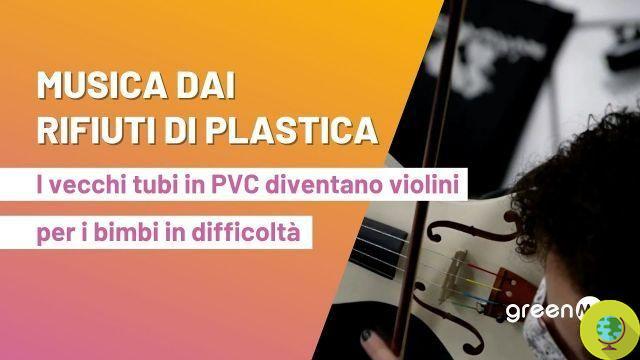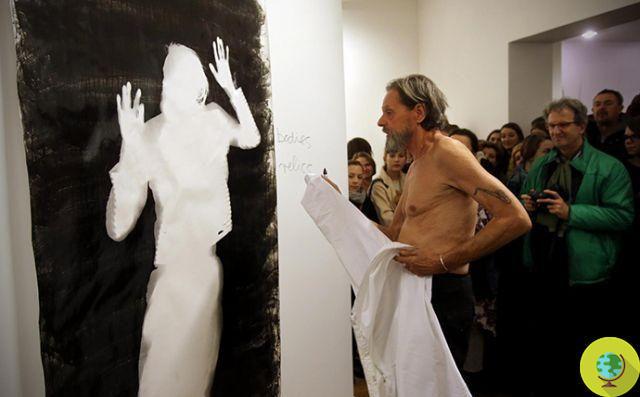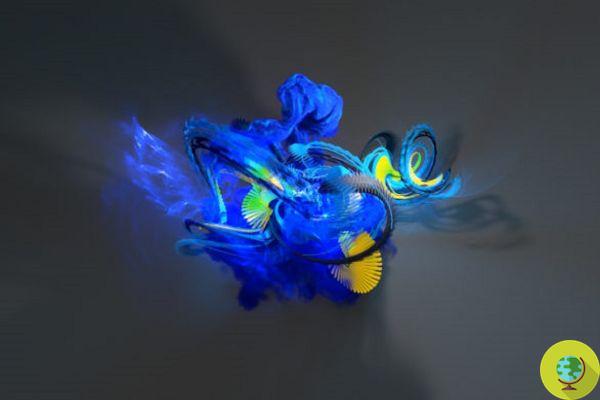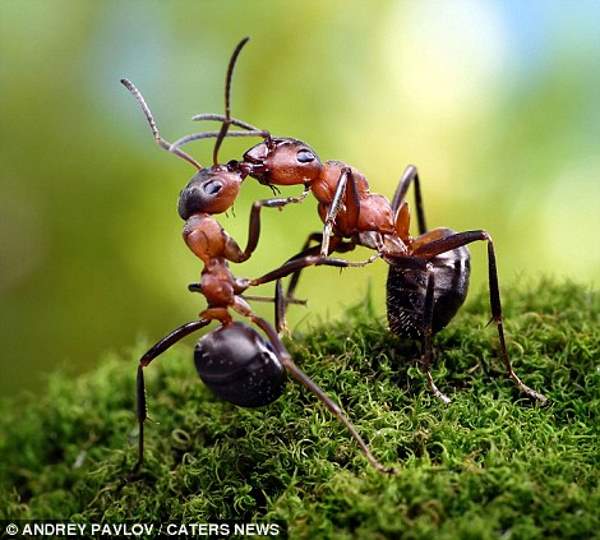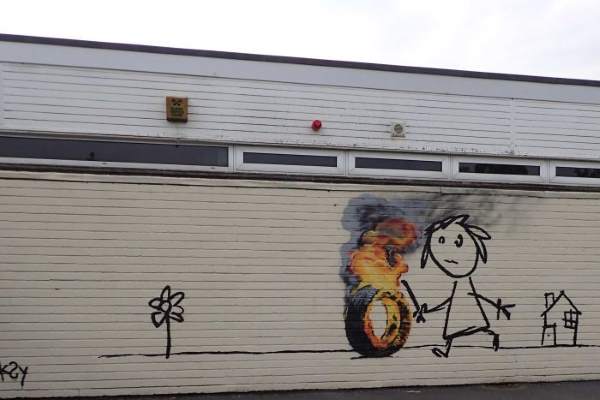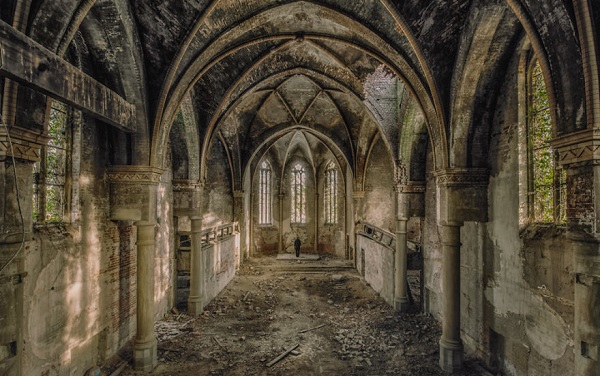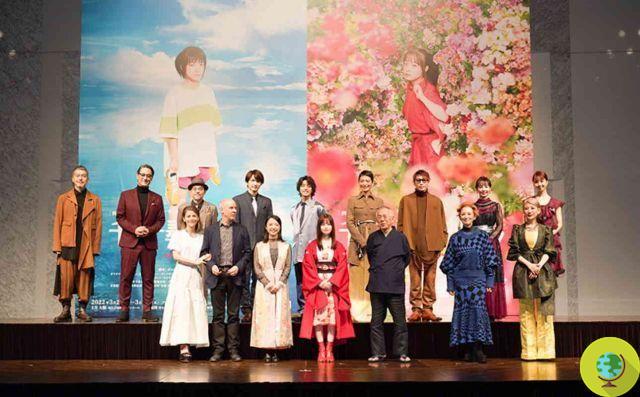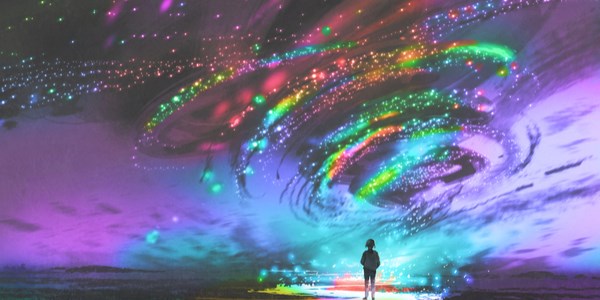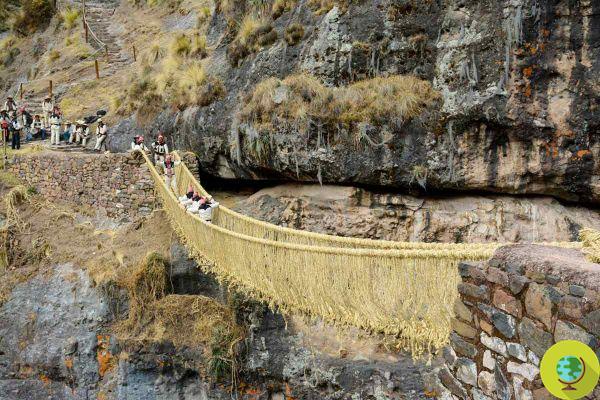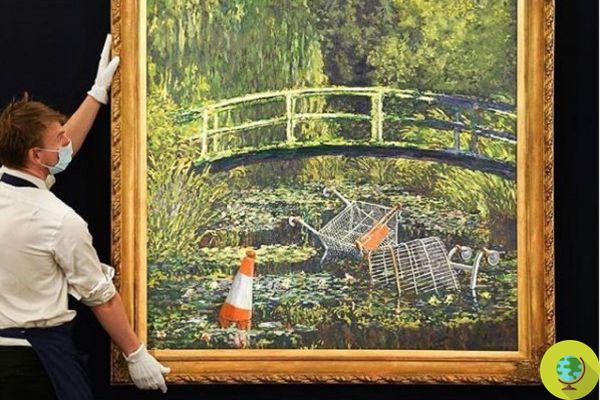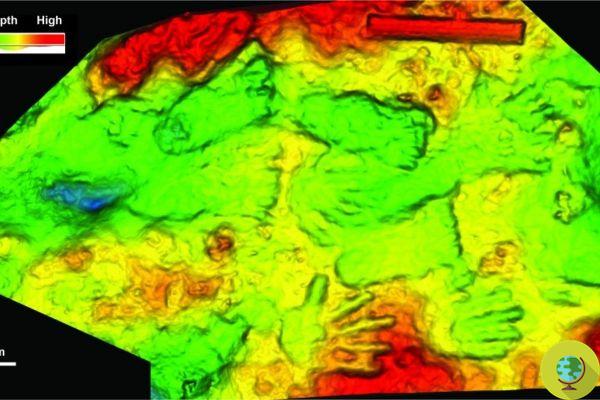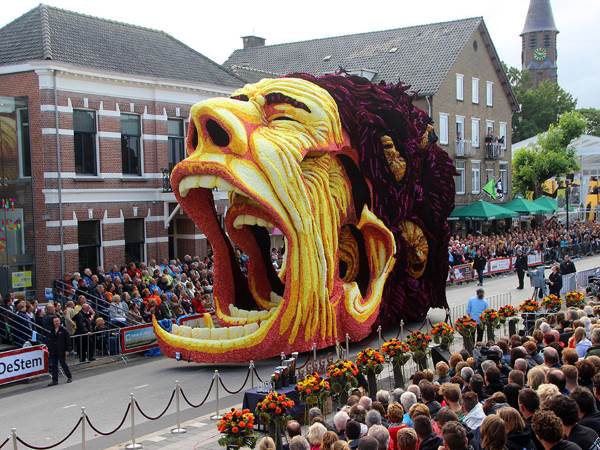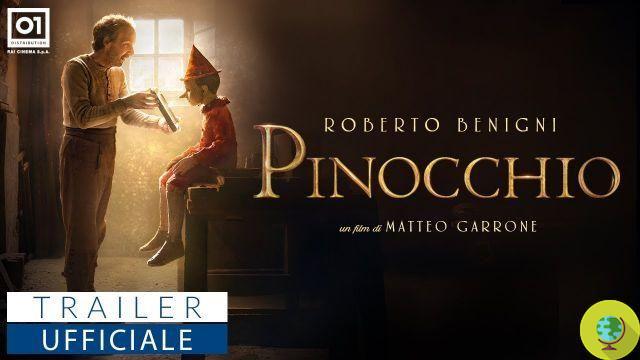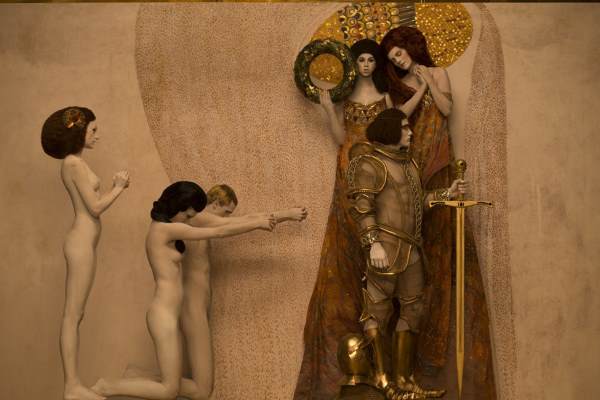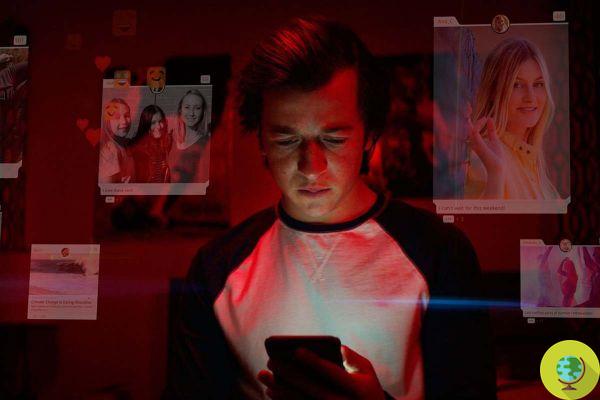
The Social Dilemma, the new Netflix docufilm that shows us the dark side and how social networks and the network are changing and manipulating us
Don't store avocado like this: it's dangerousSocial networks are not just a way to connect with others and they are by no means harmless. The whole network in reality is not and what we are witnessing (passively) on a global level is an epochal change: social networks are changing our way of thinking and living in a subtle way with the sole purpose of generating profits. This is the theme, as current as it is shocking, of the new Netflix docufilm: The Social Dilemma.
Have you ever wondered how social media makes money? Why don't we pay to use the services they offer? The answer is simple: "If you are not paying for a product, then the product is YOU."
We are all, some more or less, glued most of the day on social media, we constantly check emails or surf the net. But what are the consequences and why do we feel so attracted to our devices? This docu-film explains it well in which all the background is explained by the leading experts in IT, social media and new technologies, in practice those who have actively participated and in various ways in the birth and growth of Facebook, Twitter, Instagram, Pinterest but who also worked for Youtube and Google.
Among them Tristan harris, expert in digital design ethics and president and co-founder of the Center for Humane Technology (previously he worked for Google), who explains very well how, thanks to our hyperconnection and especially to social networks, our company is being manipulated with the sole purpose of ensuring profits for large already millionaire companies.
The initial mission of the network and social networks was noble: connecting people all over the planet, exploiting technology for good, joining forces, favoring closeness and creativity and instead, the medium seems to have gotten out of hand to their own creators who in the documentary appear almost "repentant" to such an extent that, due to ethical dilemmas, some of them have decided not to work on such projects anymore, dedicating themselves on the contrary to doing something to change the current situation.
No one probably expected there to be the downside of these much appreciated and useful technological systems and instead: fake news, disinformation, social addiction and consequent depression (especially in young people) these are just some of the most visible consequences of a very large and complex phenomenon.
We are all in some kind of spell now. Like the best magicians and illusionists, even the best engineers, computer scientists and scientists of Silicon Vallery and the world have managed over time to "hypnotize" us in front of our electronic devices to make us "Undergo" advertising tailored for us, guide our ideas and thoughts, manipulating us to increase the profits of companies that are, thanks to this, the richest in history and that are making the most of social networks and the network to increase their earnings even more.
As Harris explains:
“Many believe that Google is just a search engine and Facebook just a place to see what friends are up to, and they don't understand that companies are competing for their attention, to keep people glued to their screens. Our attention is the product that is sold ".
All aimed at gradually changing what you do and what you think and even “who you are”, he adds Jaron Lanier, US computer scientist, known for popularizing the term "virtual reality" and author of the book "Ten reasons to immediately delete your social accounts"
Every action we do on the web is recorded and cataloged by sophisticated computers and, thanks to complex algorithms, is used for useful purposes to generate profits. In practice Facebook, as well as Google and other platforms, show us only things that interest us in order to push us to stay more and more connected. It is about persuasive technology, useful for changing people's behavior.
An example for all, the invention of tag and the related notification that "forces" us to open a photo. In practice, a series of vulnerabilities of human psychology are exploited in a technological context based on addiction and manipulation.
“They know when you look at a photo of the ex, when you are alone, if you are depressed, what personality you have. They have more information about us than anyone ever thought possible ”.
How did we all fall under this spell? It happened because the best engineers, designers and scientists in the world were able to create and refine more and more the tools we use every day with the aim of hypnotizing us in front of our smartphones.
Artificial intelligence is already governing us, say the experts interviewed by the documentary, and is trying in every way to change us for commercial interests.
There are also concrete examples of how the system works. Lanier explains, Wikipedia is one of the few things we see the same all over the world but imagine if any definition present on this platform changes depending on who is looking for it or the place of origin of the search.
This is exactly what happens on social networks and also on google. If you try to write: "climate changes" what you see next depends a lot on what you looked for before, where you are and more. Depending on who you are and where you type from, autocomplete might suggest you "It's a hoax" or "it is causing the destruction of nature". It therefore does not depend on the truth of how things are but on the personal type of interests of the user.
And here another great theme opens up: everyone from their pc or smartphone sees completely different worlds (even compared to those of friends), created by perfect algorithms for each. Ua sort of Truman Show in which everyone has their own reality, manipulated in the same way a magician would.
The danger of this is that let's stop being objective and constructive, we see things only from a point of view, what we have (or have created) us. Thus a polarization of society is generated.
We do not even stop in front of fake news. In the documentary, for example, it is said that even the fact that the earth is flat has been recommended thousands of times by the algorithm. A study by MIT, among other things, revealed that fake news spreads 6 times more easily than true ones on Twitter. Fake news earns companies a lot of money. In short, even disinformation is for profit.
The consequences of the "bad" use of social media is also that of incite hatred and violence, the example is given of Myanmar where, precisely by fomenting through the network, real crimes against humanity have been committed.
Tools that are as useful and amusing as they are also dangerous for democracy, experts point out. But what can we do? It is possible to go back, take back our lives and decision-making power over what we want to see, think and be?
It is human beings who can and must change technologies, collective will is needed, they explain in the documentary. A healthy society depends on the demolition of this business model, the change must pass from a "human design".
Experts still provide all of us with gods practical advice for trying to get out of this system as much as possible:
- Uninstall apps or at least notifications so as not to make the phone vibrate or ring for news that is not essential to us at the time
- Use the qwant search engine which does not store your search history
- Do not accept videos recommended by Youtube "you choose is a way to fight".
- Before sharing news, analyze the source, do some more research
- Make sure you hear the other part of the information as well, the one that usually does not reach you thanks to this system (e.g. follow someone who does not think like you on Twitter)
- Delete your social accounts (for the most convinced)
- For children and teenagers: all devices should be used only to a limited extent and turned off at certain times (for example an hour before sleeping), better no social media up to 16 years and establish a moderate time of use with your children.
A documentary that everyone should see, at least to become aware and choose with greater awareness if and how to continue using social networks and the web.
Source: Netflix
Read also:
- Social networks: how much do they affect individual wellbeing?
- Coronavirus psychosis: alarmism runs on social networks and whatsapp
- Social life and disturbing emoticons: two campaigns to save children on the web




